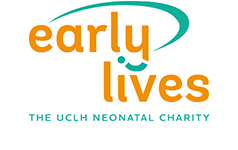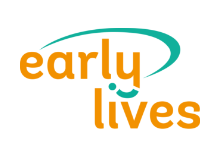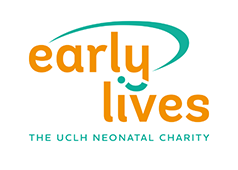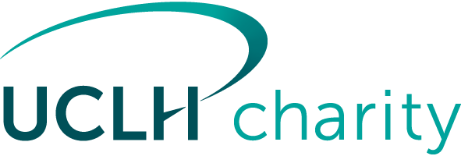Kati Gray, UCLH neonatal psychoanalyst for ten years, marks Neonatal Mental Health Awareness Week 2019 by describing some of the challenges faced by families and staff on our neonatal unit and why prioritising wellbeing matters.
“Neonatal units are places where on a daily basis both parents & staff are confronted with the extremes of joy & despair.
For parents, having a premature or sick baby can be a traumatic experience. They have to endure the ever present anxiety about the risks & dangers their baby faces, whilst at the same time managing the impact on parental & family relationships of their daily presence on NNU.
Premature birth can severely hamper the transition to parenthood & the baby can seem to belong more to staff on the unit than to the parents. Daily presence at the cotside can be a lonely vigil,disrupting routines & relationships & leaving parents feeling extremely isolated. There can also be financial implications for families (cost of travel to hospital, additional childcare costs, lost income) which add to the emotional burden of parents.
In addition to all of these challenges, if there are siblings in the family they can suffer sleep disturbance, behavioural changes, mood disturbance & other changes in their general well being which can cause parents yet more anxiety & distress. Parents can feel they are always in the wrong place. When on NNU they worry about the children at home, when at home they fear for the baby on NNU. Feeling torn in two can be a permanent state.
Staff on neonatal units are charged with the care of extremely sick & premature babies, bearing witness to their struggle to survive whilst simultaneously registering the suffering of their parents at the cotside. Their immense skill & knowledge is used in the service of the babies & their families during every shift they work, but sadly this cannot guarantee a straightforward or safe passage for any of them. This can be a difficult burden for staff to carry.
Like those for whom they care staff are human & are therefore subject to the same human frailties. Their personal lives can at times be complex & painful, making their professional lives more difficult to sustain.
The long hours that staff & parents spend on the neonatal unit are physically exhausting, but there is also a huge amount of emotional labour involved. The combination can become overwhelming for them all.
In order to survive their baby’s neonatal journey parents need to attend to their own well being, whilst at the same time advocating for & attending to that of their baby. This means ensuring that they eat, drink & sleep regularly as well as taking breaks away from the cotside during the day. Sharing worries or concerns with others ( loved ones or professionals) & asking for help, in matters large or small, are also important.
As relationships can be adversely impacted by the NNU experience parents need to prioritise time together, & if they have other children time with them too. A few minutes each day doing something ordinary (sharing a meal, a conversation, a favourite TV programme or a walk in a green space) can be a valuable counterbalance to the extraordinary experience of neonatal life.
For staff too regular breaks for food drink & rest, time spent away from the unit & from professional responsibilities & speaking with colleagues about professional concerns are all part of sustaining personal well being. If the demands of their personal lives are comprising their ability to fulfill their professional role they should seek help to address this.
Neonatal units can appear, sound & smell like technical, alien places but they are far from it. They are run by & serve human beings, who together & on a daily basis suffer the agonies & celebrate the joys of their shared humanity. Being human means that they can all suffer, but it also means that the causes of that suffering can be shared, & attended.”





